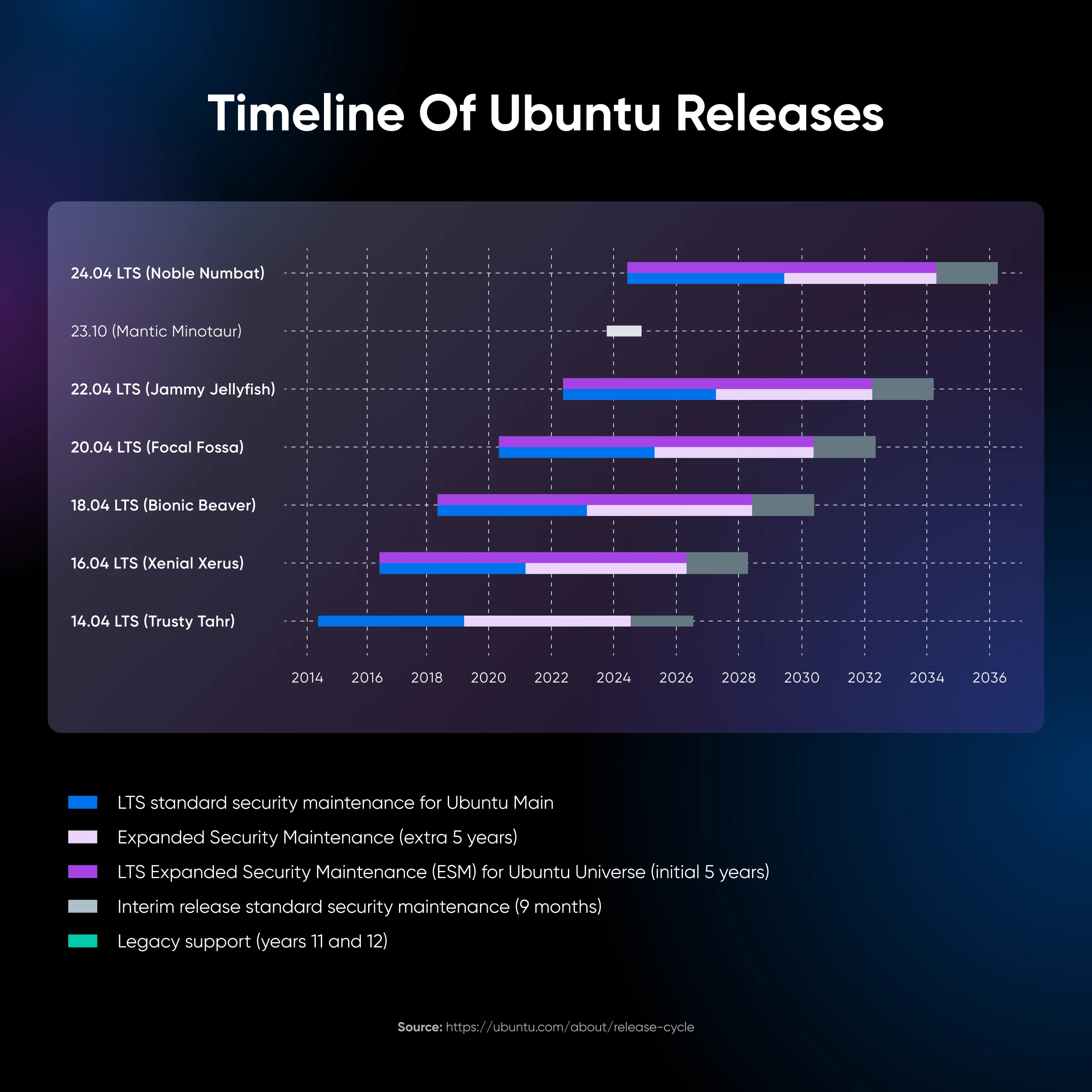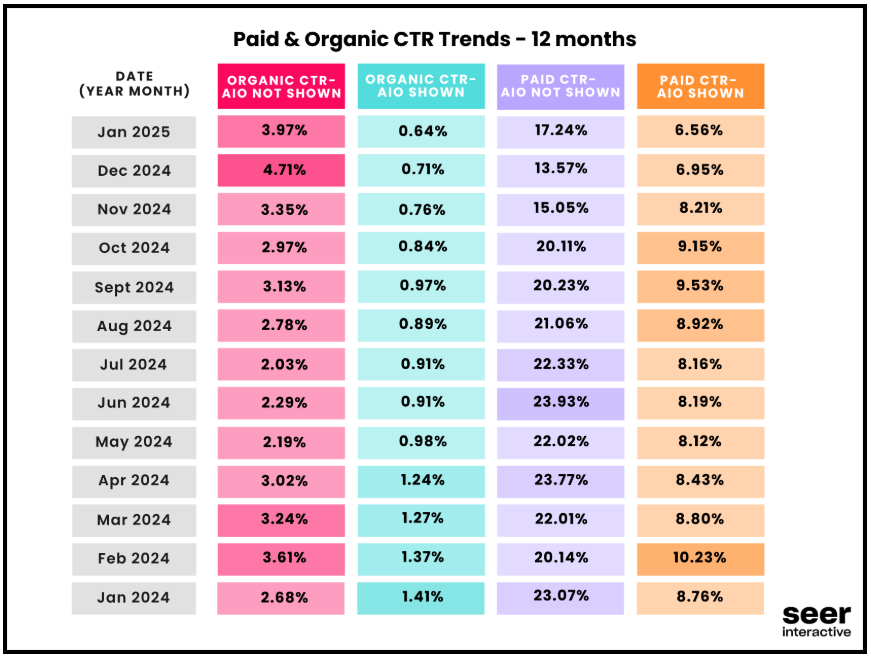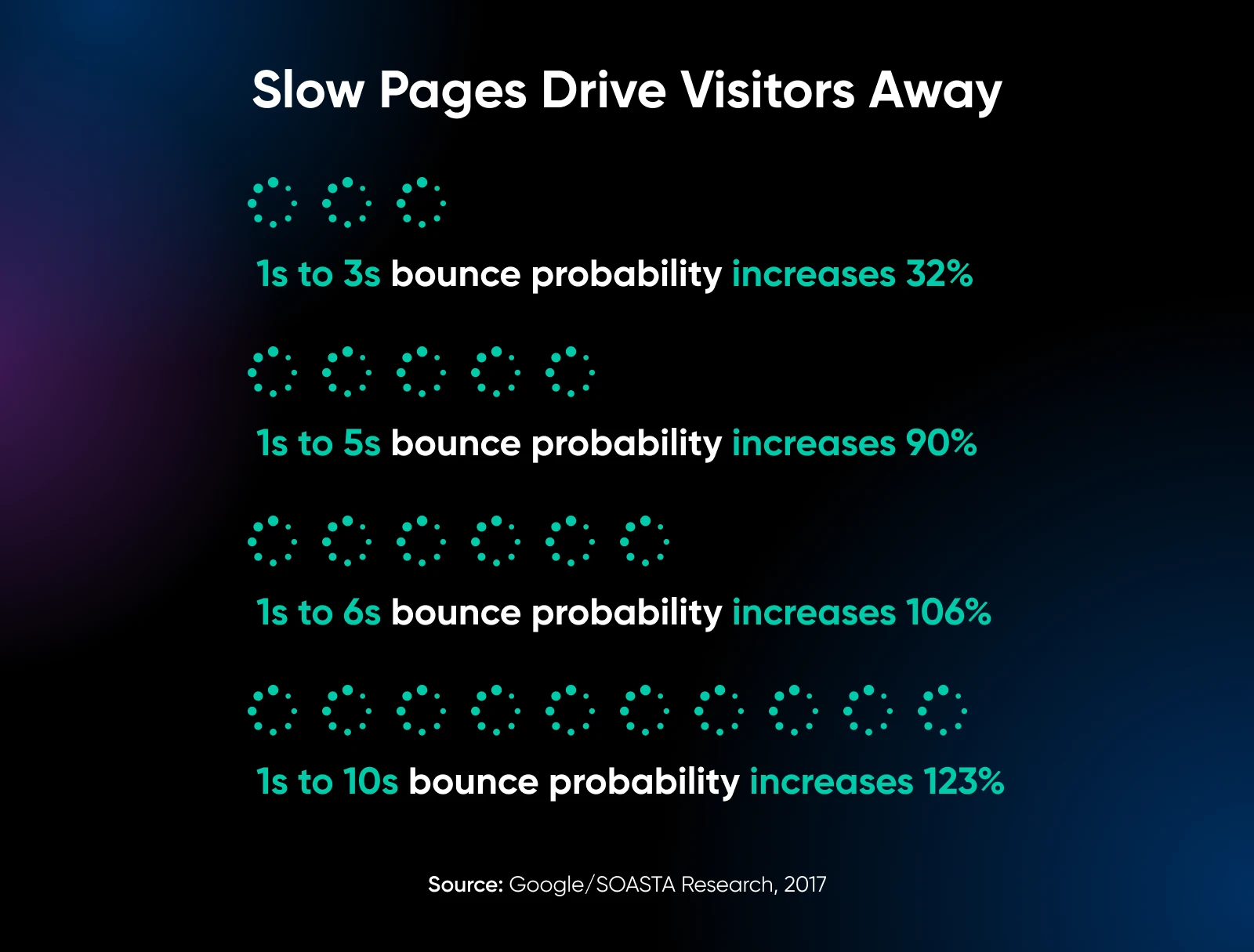Perceive depart and pay when taking time without work for dependants
All of us face moments in life when household or family members want us urgently, and balancing these duties with work will be difficult. Compassionate depart permits staff to take time without work for surprising, typically tense, conditions involving those that depend upon them. Let’s discover what compassionate depart covers, the way it differs from bereavement depart, and the rights and sources out there for workers throughout difficult instances.
What’s compassionate depart?
Compassionate depart is time without work that enables staff to deal with surprising private conditions involving shut members of the family or dependants who want pressing assist.
Whether or not it is supporting a member of the family by means of a sudden sickness, managing an surprising emergency, or navigating a time of disaster, compassionate depart helps be sure that work would not add to the stress of an already troublesome time.
In contrast to annual depart or sick depart, compassionate depart is particularly supposed for household emergencies.
What is the distinction between compassionate depart and bereavement depart?
Each compassionate depart and bereavement depart give staff time without work to deal with vital private conditions. Nonetheless, they serve barely totally different functions.
Compassionate depart covers a variety of family-related emergencies, corresponding to when a cherished one is significantly ailing, permitting the worker to be there for them. It is designed for instances when assist is urgently wanted, however the nature of the scenario might not contain bereavement.
However, bereavement depart is particularly for workers who’ve skilled the lack of a member of the family or dependant. The depart is devoted to giving people the time and house they should grieve and handle the fast duties that include the demise of a cherished one.
Who qualifies as a dependant?
Beneath UK legislation, staff have the correct to take time without work to cope with emergencies involving a dependant. Typically, the next people are thought-about dependants:
-
A partner or companion
-
A toddler or grandchild
-
A mother or father
-
Anybody residing in your family as a part of the household, corresponding to a relative who shares your property
-
Somebody exterior your family who depends upon your care, corresponding to an aged neighbour
Whereas compassionate depart means that you can reply to the wants of a dependant in a disaster, it is important to verify together with your employer’s insurance policies, as some workplaces might have particular pointers round who qualifies.
What does the legislation say about compassionate depart?
Within the UK, staff have a proper to take time without work for dependants when an emergency arises, giving them house to deal with surprising conditions with out worry of labor penalties.
How lengthy can you’re taking compassionate depart?
There is not any authorized requirement for this depart to final a set period of time; the size of depart sometimes depends upon what’s thought-about “cheap” and is agreed upon together with your employer.
Is compassionate depart paid?
Corporations are additionally not legally required to pay staff on compassionate depart. Whereas the legislation gives a basis for emergency depart, many firms go a step additional by providing extra compassionate depart or pay as a supportive measure. This will range by employer, so it is at all times price checking your organization’s insurance policies or your employment contract.
What conditions qualify as an emergency?
An emergency is any sudden, surprising scenario involving somebody who depends in your assist or care. The appropriate to time without work for dependants can apply in numerous circumstances, corresponding to:
When a dependant is unwell: Covers surprising sickness or worsening of a situation, whether or not bodily or psychological, that requires fast assist.
If a dependant has been injured or assaulted: Applies if a cherished one is damage or has skilled a distressing occasion, even when they are not bodily injured however want consolation or care.
Supporting a dependant throughout childbirth: Permits time without work when an in depth member of the family or dependant is giving start, although ongoing care after start might fall beneath parental depart.
Responding to pressing incidents involving your youngster at college: For surprising school-related conditions, like accidents, misery, or sudden disciplinary points involving your youngster.
When a dependant dies: Day off to rearrange and attend a funeral, with the length relying on employer settlement, particularly for abroad providers.
When the correct to time without work would not apply
Compassionate depart is supposed for surprising emergencies involving a dependant, so it will not cowl each private scenario.
Points like residence restore or pet care, for instance, do not qualify, nor does serving to somebody who is not a dependant, corresponding to taking a pal to the hospital. That mentioned, your employer should still approve depart or can help you use annual depart.
Since compassionate depart is for emergencies, it will not apply to deliberate occasions. For instance, in case you want time without work to take your youngster to a scheduled appointment, this normally requires reserving annual depart or parental depart as an alternative.
Different depart and assist choices
If compassionate depart is not relevant, different types of depart and sources is perhaps useful:
Sick depart: Once you or a dependant are unwell and require medical consideration, sick depart can present the time you want with out counting on compassionate depart.
Private depart or annual depart: If the scenario would not qualify as an emergency, utilizing private or annual depart could also be an choice for deliberate occasions or much less pressing wants.
Parental depart: For these with younger youngsters, parental depart can be utilized for scheduled wants, like medical appointments or college commitments, particularly when advance discover is feasible.
Versatile working preparations: When you steadily want time to deal with private duties, exploring distant work or adjusted hours may very well be a extra sustainable resolution.
As well as, many employers supply sources to assist staff throughout difficult instances. For instance, worker help applications (EAPs) present confidential assist for numerous private and household points, from psychological well being to authorized recommendation, which will be notably useful throughout troublesome instances.
How you can request compassionate depart – prime suggestions
When a household emergency arises, taking compassionate depart will help you be there for many who want you. This is methods to navigate the method:
Notify your employer as quickly as potential
Relying on firm coverage, this may very well be so simple as a telephone name or might require a proper request.
Bear in mind, a dependant sometimes contains shut members of the family, companions, or those that depend on you in an emergency. If the emergency contains anybody else, corresponding to a grandparent or finest pal, it’s possible you’ll not qualify for compassionate depart.
Be able to agree on a “cheap” depart length
There is not any set length for compassionate depart, so the size of time you may take will typically depend upon firm coverage and the character of the emergency. Employers normally purpose to supply a “cheap” period of time primarily based in your wants.
Handle pay expectations for compassionate depart
Whereas compassionate depart is commonly unpaid, some employers supply paid depart as a supportive measure. Checking your organization’s insurance policies or employment contract will make clear whether or not paid time without work is accessible.
What to do in case you encounter issues
In case your employer denies you cheap time without work for an emergency involving a dependant or penalises you for taking it, you may have choices. You possibly can file a criticism with an Industrial Tribunal to assist resolve the problem. In case your criticism is profitable, the tribunal might award compensation and even assist with re-employment or reinstatement.














